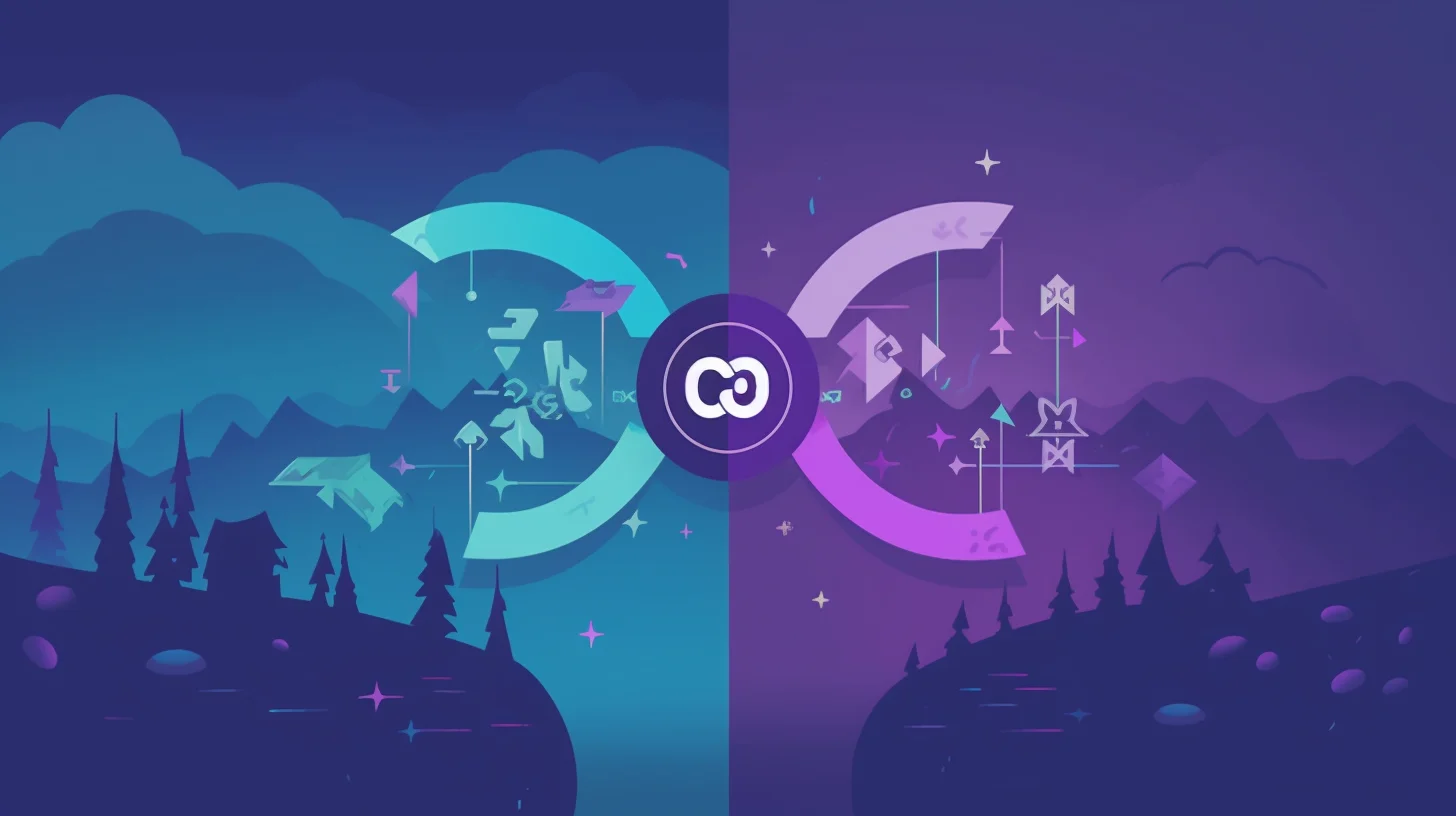Choosing the Best CMS for You: Traditional or Headless?
07/05/2023

For businesses to effectively engage their audiences, they need tools to deliver impactful content and digital experiences. One of the primary tools for this is a content management system (CMS). But should you go with a traditional CMS or a new kid on the block, the headless CMS? In this post, we'll make it easier for you to choose.
Headless CMS Explained
A headless CMS, like Contentful, separates the content creation area (where you write, manage, and store your content) from the content display area (where your content is presented and shared). Think of it as a car without a driver's seat - hence the term 'headless.'
So, how does the content get shared? Through something called an application programming interface (API), which is just a fancy term for a messenger that takes requests from the display area and gets the appropriate content from the storage area. This allows content to be shown in different places - from websites to mobile apps to smartwatches.
Features and Drawbacks of Headless CMS
A headless CMS comes with some unique features, like quick editing, managing content for different channels, and independent front-end development. But it also has some potential drawbacks, such as heavy reliance on APIs, a need for more customization, and a learning curve for those used to a traditional CMS.
Traditional CMS Explained
A traditional CMS, like WordPress or Drupal, is a tool that helps businesses create, manage, and edit website content without needing to code. It's designed with a rigid structure that links the content creation area to the display area.
Features and Drawbacks of Traditional CMS
Some of the features of a traditional CMS include shorter setup time, a variety of templates, easy content management, visual editing, and user management. However, a traditional CMS may also have some limitations, including less flexibility, challenges in upgrading, scalability issues, and vendor lock-in.
Which CMS is Best for You?
The right CMS for you depends on your specific needs. Typically, a headless CMS could be your best choice if you're managing several CMS platforms, need to publish across multiple channels, or if website security is a priority. But a traditional CMS might be the way to go if your priority is website usability, and you don't need to publish across multiple channels or need extensive web development support.
Conclusion
Choosing between a headless CMS and a traditional CMS depends on your business needs and goals. The headless CMS offers more flexibility, scalability, and options for content delivery, while the traditional CMS offers ready-to-use templates and ease of use. We hope this blog post has made it easier for you to decide.
